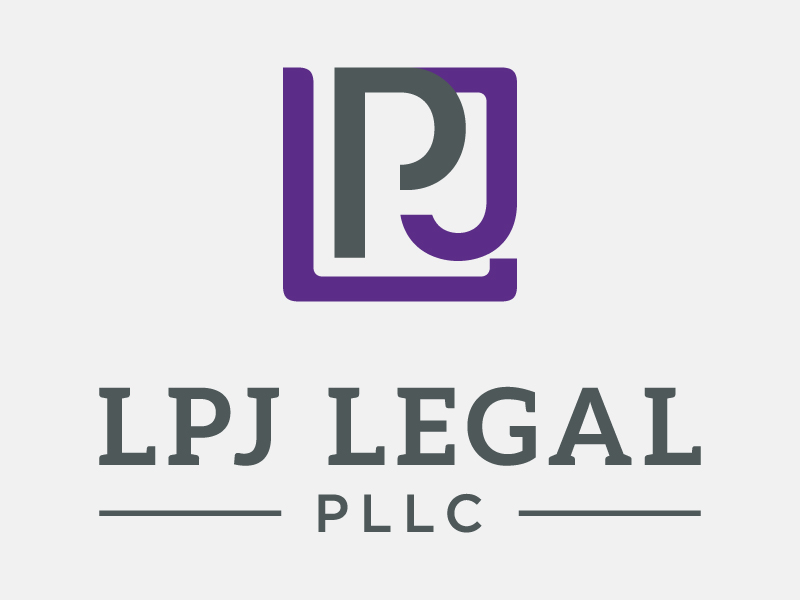Congratulations! You’re either franchising in Maryland, or considering taking this important step.
To ensure business compliance, partnering with the experts at LPJ Legal, who specialize in franchise law in Georgia, Washington D.C. Maryland, and Virginia.
New to LPJ Legal? We’re a dedicated group of experienced and highly credible legal professionals, proudly representing clients both locally and internationally with domestic offices in D.C., Maryland, Virginia, and Georgia. At LPJ Legal, we believe that a law firm should be more than a legal resource; it should be a trusted partner. Our team is committed to safeguarding our clients’ businesses, properties, and futures, providing powerful legal insights to help ensure their success. To become a franchise client, visit the LPJ Legal website, or call us directly at 202-643-6211.
📌1. Is franchise registration required in Maryland?
Yes. Maryland is a franchise registration state, meaning that franchisors must register their Franchise Disclosure Document (FDD) with the Maryland Securities Division before offering or selling franchises in the state. This requirement applies regardless of where the franchisor is based.
Franchise registration is complex. Most franchisors opt to work with an experienced franchise lawyer to ensure compliance and streamline the process.
📌2. What documents are needed for registration?
To ensure compliance with franchise registration in the state of Maryland, work with an experienced franchise lawyer.
Registering franchisors must submit:
- A completed Uniform Franchise Registration Application
- Franchise Disclosure Document (FDD) with a Maryland state cover page
- Franchise Seller Disclosure Form
- Consent to Service of Process
- Franchisor’s Costs and Sources of Funds
- Copies of advertising and promotional materials
- Consent of Accountant
- Guarantee of Performance
These documents, along with a $500 registration fee, must be submitted to the state’s Securities Division.
📌 3. Are there exemptions to MD franchise registrations?
Yes, according to the Maryland Securities Division, MD provides several exemptions that would prevent certain franchises from having to register in the state of Maryland, including:
- Seasoned Franchisor Exemption: Available to franchisors with a net worth of at least $10 million, or those owned by a parent company with such net worth, and with at least 25 franchisees operating in the same business for the past five years.
- Large Investment Exemption: Applies when the initial investment by the franchisee exceeds $1 million, excluding the cost of unimproved land and any financing received from the franchisor or its affiliates.
📌 4. Is there a Maryland agency that oversees franchise laws?
Yes, the Securities Division of the Maryland Office of the Attorney General is responsible for administering and enforcing the Maryland Franchise Registration and Disclosure Law, which mandates that franchisors register their Franchise Disclosure Document (FDD) before offering or selling franchises in the state.
📌5. What are the franchise renewal requirements in Maryland?
Franchise registrations must be renewed annually. The renewal application, accompanied by a $250 fee, should be submitted at least 15 business days before the one-year anniversary of the registration’s effective date.
📌6. How can I verify a franchisor’s registration status in Maryland?
You can contact the Maryland Securities Division of the Maryland Attorney General at (410) 576-6882 to verify a franchisor’s registration status and inquire about any complaints filed against them.
📌7. What is the Franchise Disclosure Document (FDD)?
The FDD is a legal document provided by the franchisor to the franchisee that contains essential information about the franchise, including the company’s history, fees, legal issues, and financial statements. The Federal Trade Commission requires that the FDD must be provided to prospective franchisees at least 14 days before any franchise agreement is signed or payment is made.
📌8. Are there any ongoing fees after purchasing a franchise? What kind of support can I expect from the franchisor?
Yes. Franchisees typically pay ongoing royalties and advertising fees, usually calculated as a percentage of gross sales. These fees fund the franchisor’s support services and marketing efforts.
Click here to ensure your franchise purchase is legally compliant.
According to the FTC, Franchisors often provide training programs, marketing support, operational guidance, and ongoing assistance to help franchisees succeed. The extent and quality of support can vary, so it’s essential to understand what is offered before committing.
📌9. Can I sell or transfer my franchise in Maryland?
Yes, but the sale or transfer of a franchise is typically subject to conditions outlined in your Franchise Agreement.
Most franchisors require prior written consent before a transfer can occur, and they may impose specific qualifications on the incoming franchisee. In Maryland, any material changes to the franchise agreement—such as a new owner—may also require updated disclosures or filings with the Securities Division. Before initiating a transfer, it’s essential to consult with a franchise attorney to ensure compliance with both state law and the terms of your agreement.
📌10. Are there risks associated with buying a franchise?
Yes! The risks of buying a franchise include potential financial loss, lack of autonomy, and a reliance on the franchisor’s business model and reputation. It’s crucial to conduct thorough due diligence, but remember, working with an experienced franchise attorney mitigates those risks significantly.
🔍 Franchisors, what state are you in? If you are considering a Washington D.C. franchise, or a franchise in one of our other practice areas, LPJ Legal is ready to work with you.



